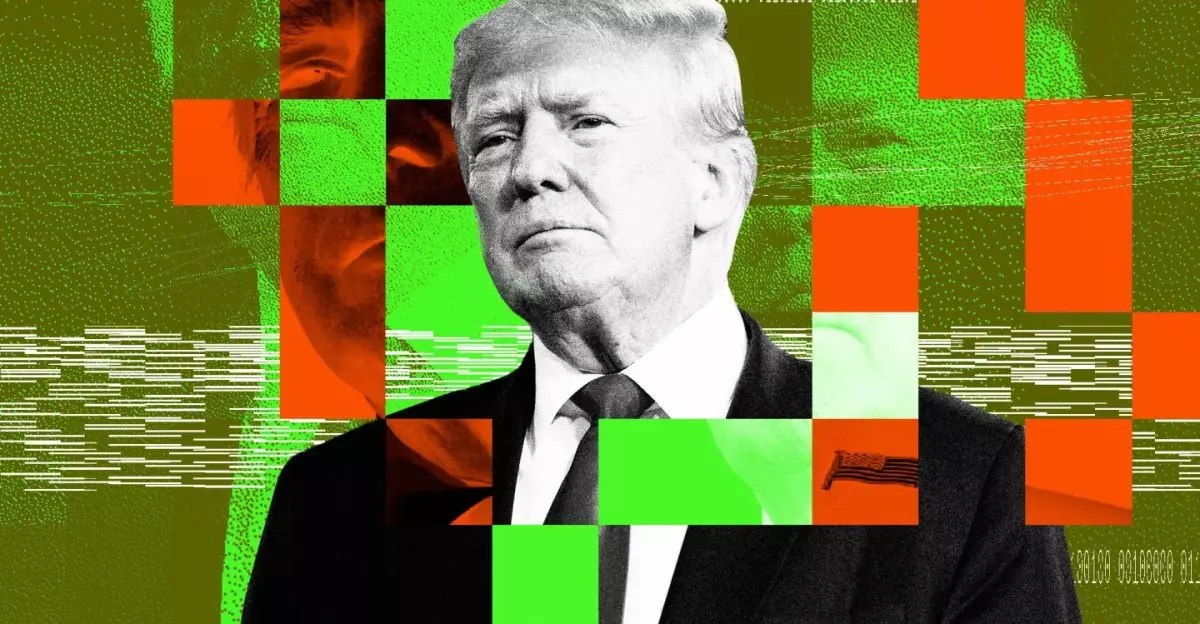In recent months, the State Department’s decision to suspend student visa interviews has left many hopeful scholars in a state of uncertainty. This policy, which is perceived as yet another layer of bureaucratic oppression, raises considerable questions about the future of international education in the United States. The ramifications of this decision are far-reaching, impacting not just the individuals directly affected but also the broader academic community that thrives on diversity and innovation. Disrupting visa processes disregards the hard work and dreams of countless students and researchers, potentially stifling the exchange of ideas that is fundamental to academic growth.
The Legal Response: A Call for Justice
The legal action taken by fifteen Iranian students against the Trump administration highlights the desperation of affected individuals. By filing a lawsuit in a Virginia federal court against Secretary of State Marco Rubio, these students seek not only justice for themselves but a fair and transparent visa procedure for all. The claim hinges on the Administrative Procedures Act, arguing that the administration’s abrupt halt of student visa interviews constitutes arbitrary governance. This legal challenge brings an essential debate surrounding eligibility criteria and the overarching discretion used in vetting international students to the forefront.
The students involved have already been accepted by prestigious institutions, yet they are held in bureaucratic limbo, waiting for their fates to be dictated by policies that seem meticulously crafted to align with political ideologies rather than academic merit. The underlying intent appears less about national security and more about fostering a particular narrative—one that could shape the type of intellectual discourse permitted on American campuses.
Targeting Specific Communities: A Controversial Trend
The targeting of applicants from specific countries, particularly those with Muslim-majority populations like Iran, underscores a troubling pattern of discrimination that seems rooted in political motivations. Statements from the administration indicate an intention to vet not just educational credentials but also social media presence, filtering candidates through a lens of political ideologies rather than academic potential. The implications of such actions are profound, potentially alienating brilliant minds from contributing to the very fabric of American education.
Programmatic attacks on scholars, such as the revocation of visas for those associated with pro-Palestine protests, shed light on the administration’s broader strategy of suppressing dissent and challenging diversity on campuses. In this context, students become political pawns in a game far larger than themselves, with their academic future hanging in the balance.
The Broader Impact on Academia and Innovation
The ramifications of these policies extend beyond individual pain points; they threaten the very future of education and technological advancement in the United States. Much of America’s strength in innovation rests on the shoulders of international scholars who bring new perspectives and diverse experiences. Alienating these individuals not only weakens educational institutions but impairs the nation’s ability to compete in a global knowledge economy.
In essence, the ongoing crisis around student visa applications is more than a logistical issue; it’s a fundamental infringement on the ideals of freedom and inclusion that are supposed to underpin American higher education. As students face adverse selection through bureaucratic hurdles, we must question not only the implications of such policies but also the values they reflect and perpetuate in our society.


Leave a Reply